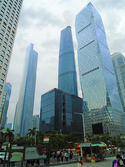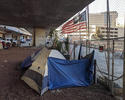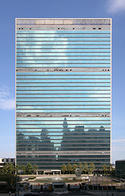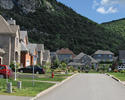China, which many see as the exemplar of rapid urban growth, is accelerating its own shift towards greater dispersion.
During the 2000s, the largest municipalities (formerly called prefectures) of China grew very quickly. Much of this was a result of an increasing “floating population,” people who moved to the cities from rural areas for employment, especially in factories producing goods for export and in construction. Between 2000 and 2010, according to the China Statistical Yearbook: 2019, the floating read more »






















